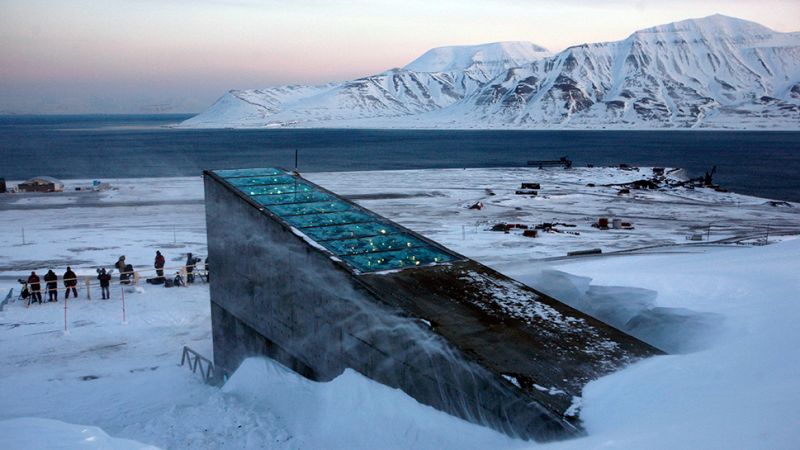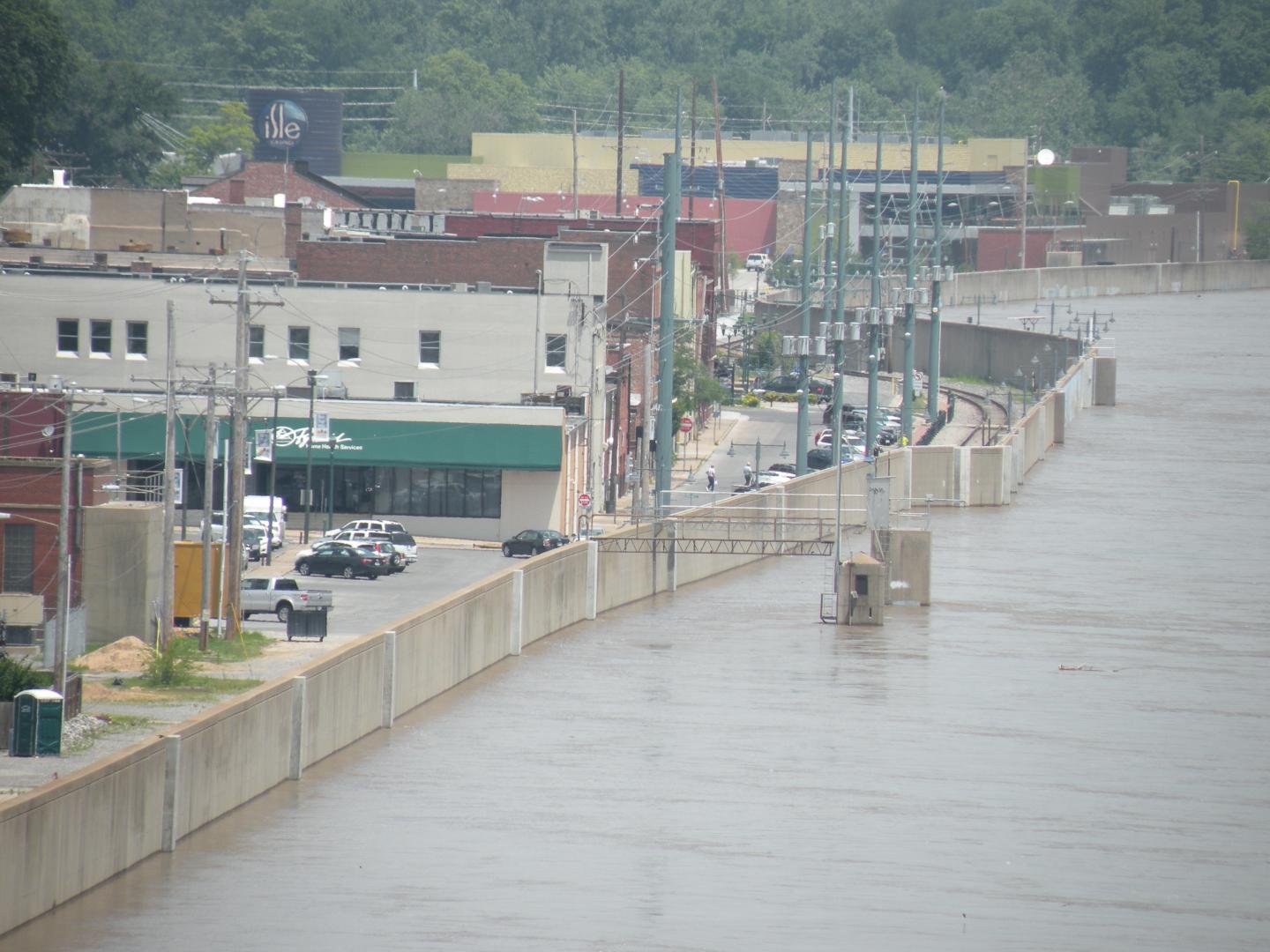
Norway’s “Doomsday Vault” is getting an expansion. Officially known as the World Arctic Archive, the vault opened this week and has already taken submissions from two countries. This time, instead of storing seeds that will survive the apocalypse, the vault is archiving data using specially developed film.

Roughly eight million tons of plastic enters the ocean every year. That’s according to a 2015 report, which also identified where the bulk of this trash originates. At the top of the list: China, the Philippines, and Indonesia.

A long-term study of 565 children who grew up in the era of leaded gasoline has shown that their exposure to the powerful neurotoxin led to a loss of intelligence and occupational standing by the time they reached age 38.

Now an international team of climate scientists has found a connection between many extreme weather events and the impact climate change is having on the jet stream.

Researchers say global resource governance and sharing of geoscience data is needed to address challenges facing future mineral supply.

The warm ocean water behind this month’s flooding suggests another El Niño may be forming. The water is so warm, that Peru climatologists declared a “coastal El Niño” to communicate to the public the kind of conditions they should prepare for.

RiverBlue is a new documentary that delves deep into the shocking underbelly of fast fashion to expose its destructive and widespread impacts on our environment.

Nour Kteily is a psychologist at Northwestern University whose research is about understanding one of the darkest, most ancient, and most disturbing mental programs encoded into our minds: dehumanization, the ability to see fellow men and women as less than human.

Corn is extremely sensitive to drought and since 2015 its production has fallen dramatically as a result of record-setting drought conditions across southern and eastern Africa.

Parts of the Great Barrier Reef will never fully recover from repeated bleaching of its corals, caused by spikes in the water temperature, detailed analysis shows.

On the 28th anniversary of the day that Tim Berners-Lee submitted his proposal the World Wide Web, he published a letter outlining the biggest areas of its development that are doing him a frighten and warping his original vision.

The researchers estimate that 1,200 people in Europe will die early, each losing as much as a decade of their life, as a result of excess emissions generated between 2008 and 2015 by affected cars sold in Germany.

Ocean acidification is spreading rapidly in the western Arctic Ocean in both area and depth, according to new interdisciplinary research reported in Nature Climate Change by a team of international collaborators.

Does a name in itself have sufficient symbolic power to cause a paradigm shift in how humans perceive our role in the changing geological patterns of the planet?

The World Health Organization has issued a list of the top dozen bacteria most dangerous to humans, warning that doctors are fast running out of treatment options.